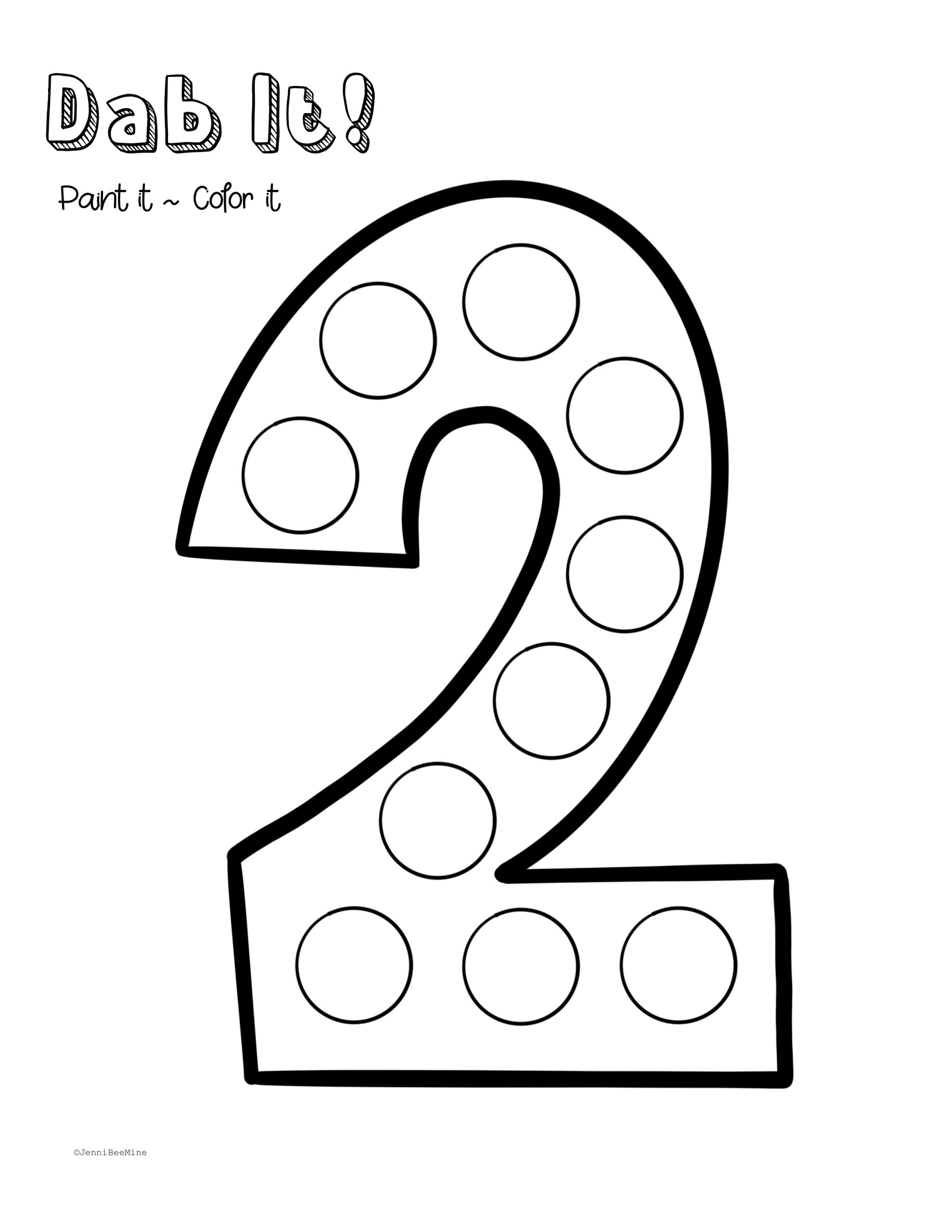Preschoolers are at an age where they are learning to recognize and understand numbers. Engaging them in activities that involve numbers can help them develop their math skills in a fun and interactive way. Here are some printable activities focused on the number 2 that are perfect for preschoolers.
Printable activities are a great way to keep preschoolers entertained while also helping them learn. These activities can be easily printed out and used at home or in a classroom setting. The number 2 activities outlined below are designed to help preschoolers practice counting, number recognition, and other math skills.
1. Number 2 Coloring Page
One of the simplest yet effective activities for preschoolers is a number 2 coloring page. This printable page features the number 2 surrounded by various objects that preschoolers can color in. This activity not only helps them recognize the number 2 but also improves their fine motor skills as they color within the lines.
2. Counting to 2 Worksheet
Another printable activity for preschoolers is a counting to 2 worksheet. This worksheet includes pictures of different objects, and children are asked to count how many of each object there are. By counting to 2, preschoolers can practice their counting skills and reinforce their understanding of the number 2.
3. Number 2 Dot-to-Dot
A fun and engaging printable activity for preschoolers is a number 2 dot-to-dot. This activity requires children to connect the dots in numerical order to reveal the number 2. This helps them practice number sequencing and improves their hand-eye coordination.
4. Number 2 Tracing Worksheet
For preschoolers who are learning to write, a number 2 tracing worksheet is a great printable activity. This worksheet features the number 2 with dashed lines for children to trace over. Tracing helps children develop their fine motor skills and prepares them for writing numbers on their own.
In conclusion, printable activities focused on the number 2 are a fun and educational way to help preschoolers learn math skills. By incorporating these activities into their daily routine, parents and educators can support children in their early math development. These activities are not only enjoyable for preschoolers but also help them build a strong foundation for future learning.
